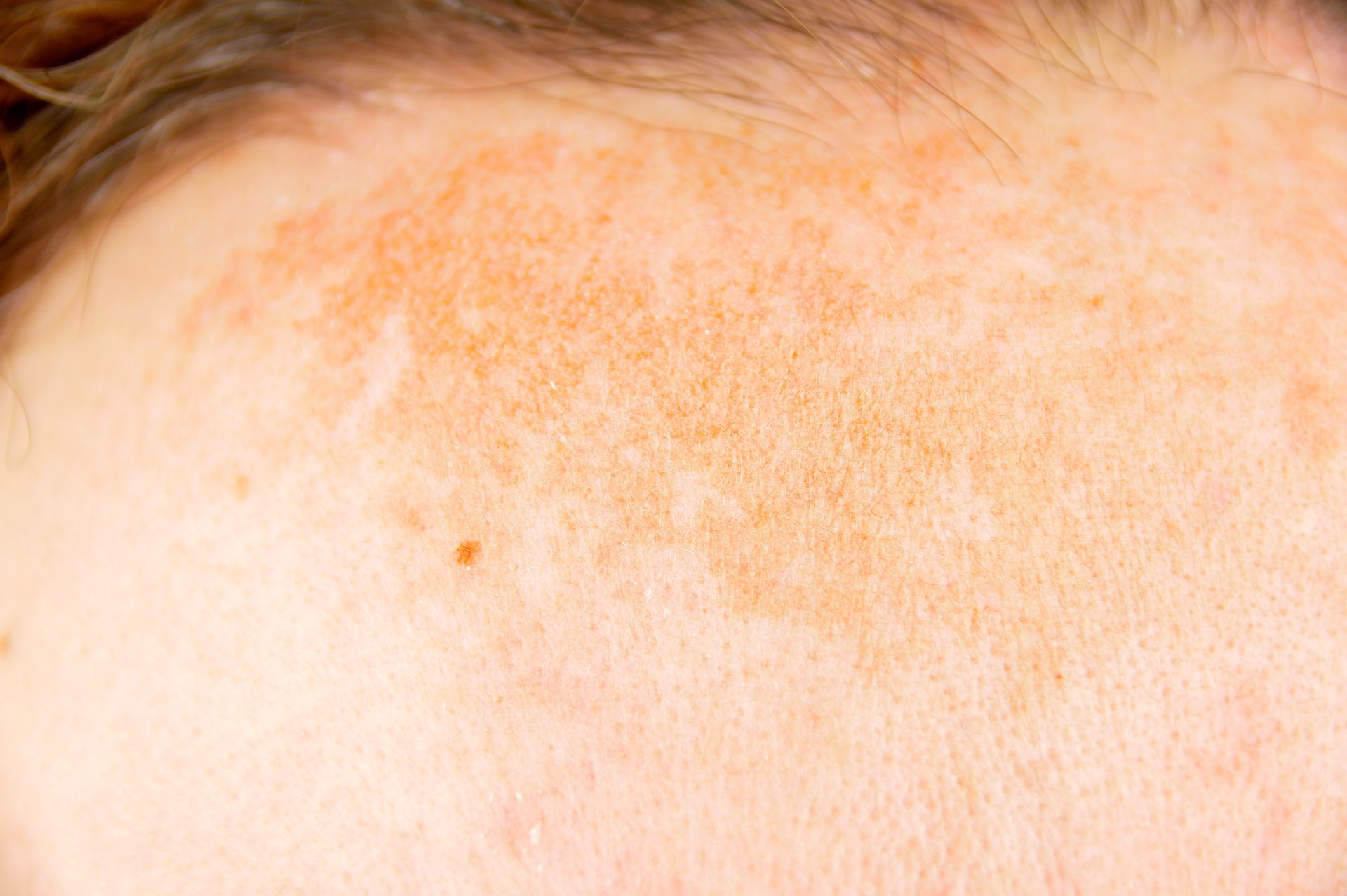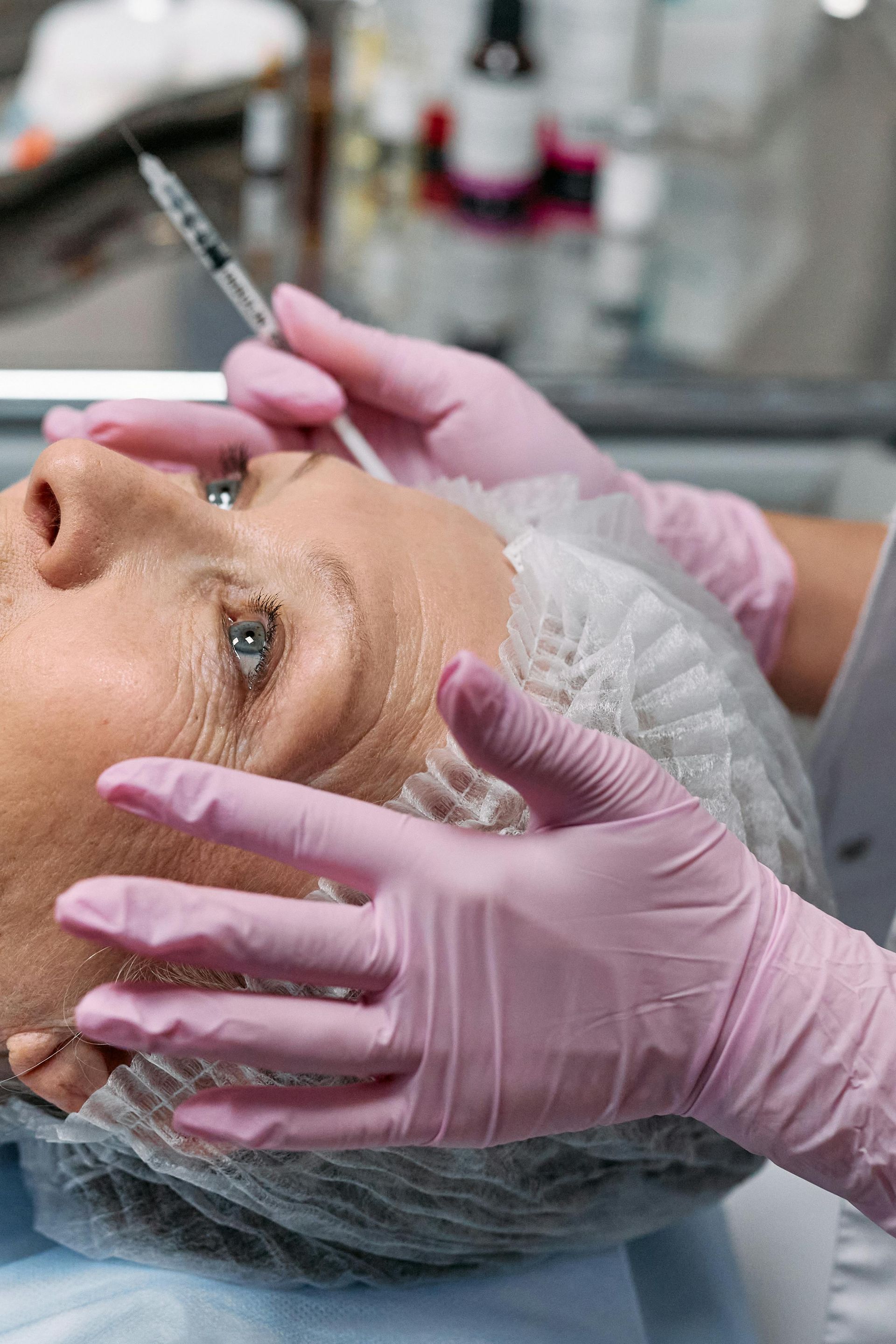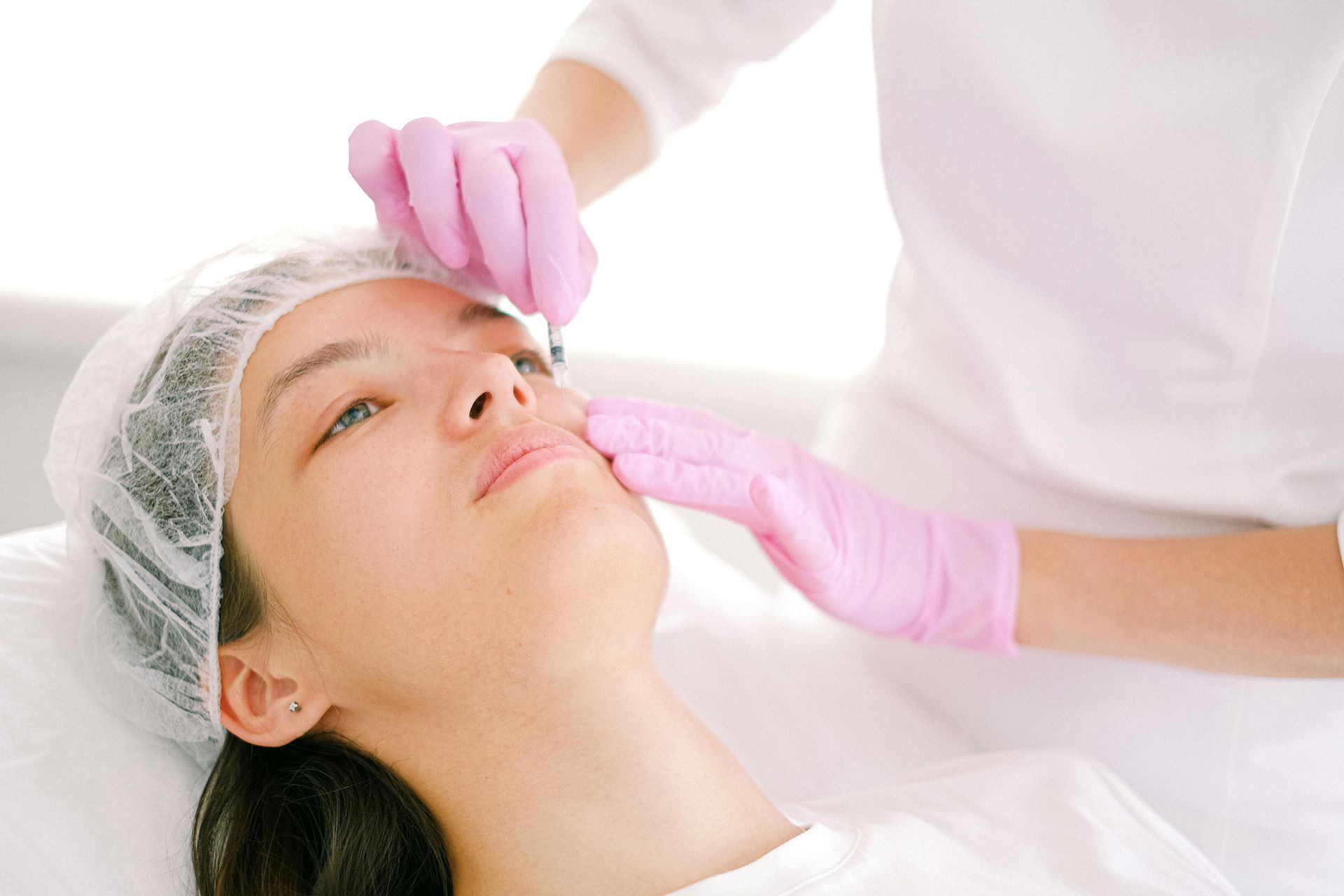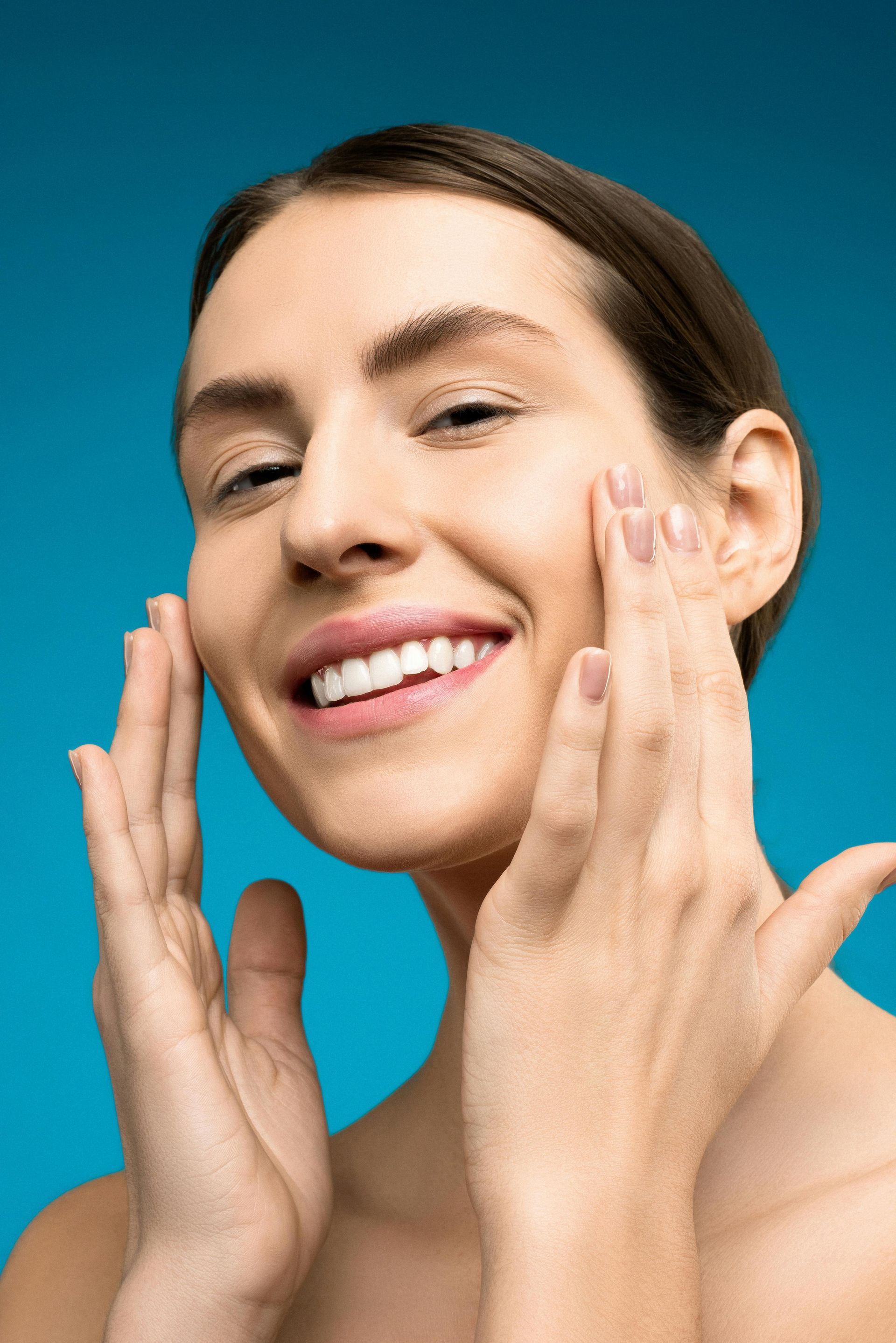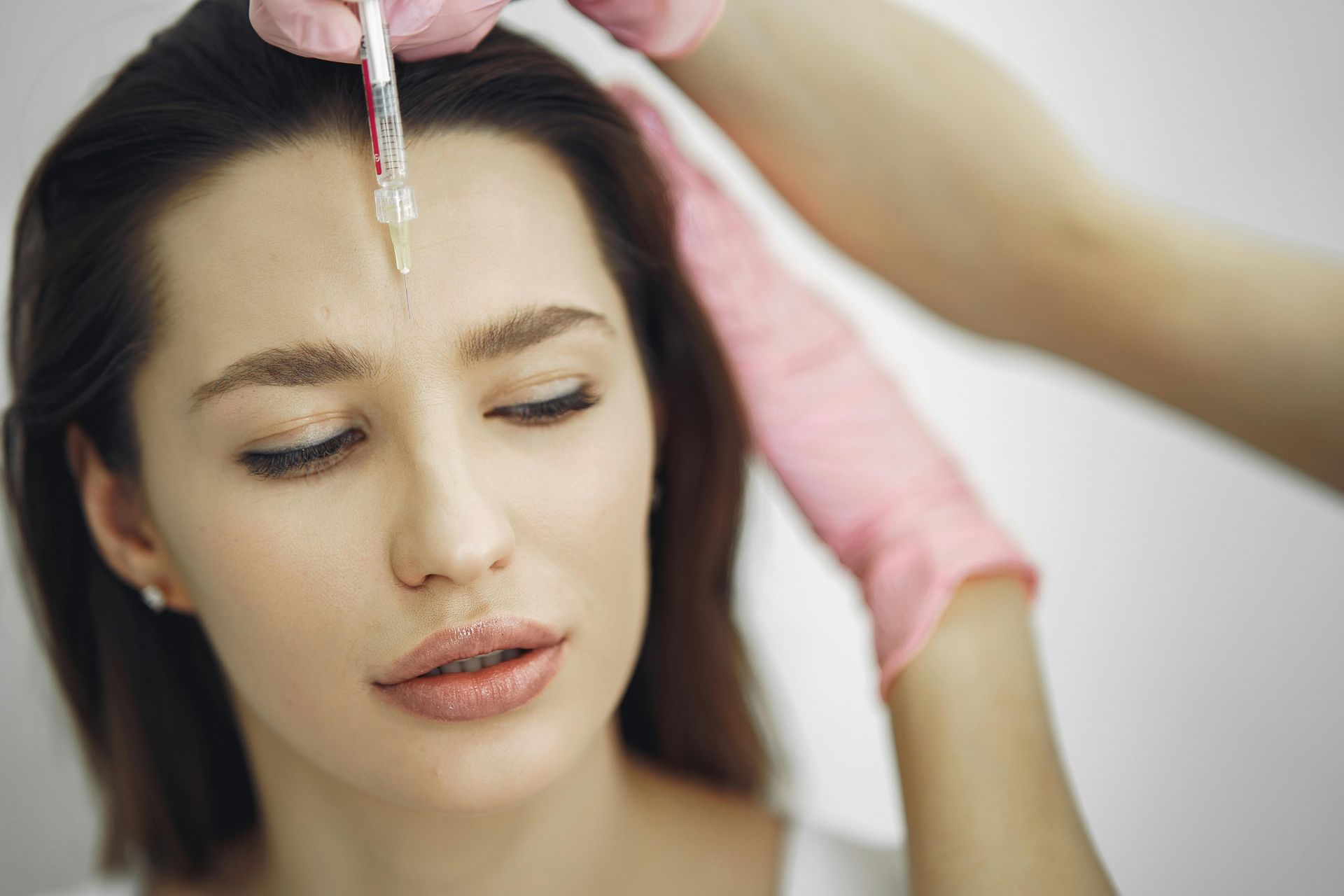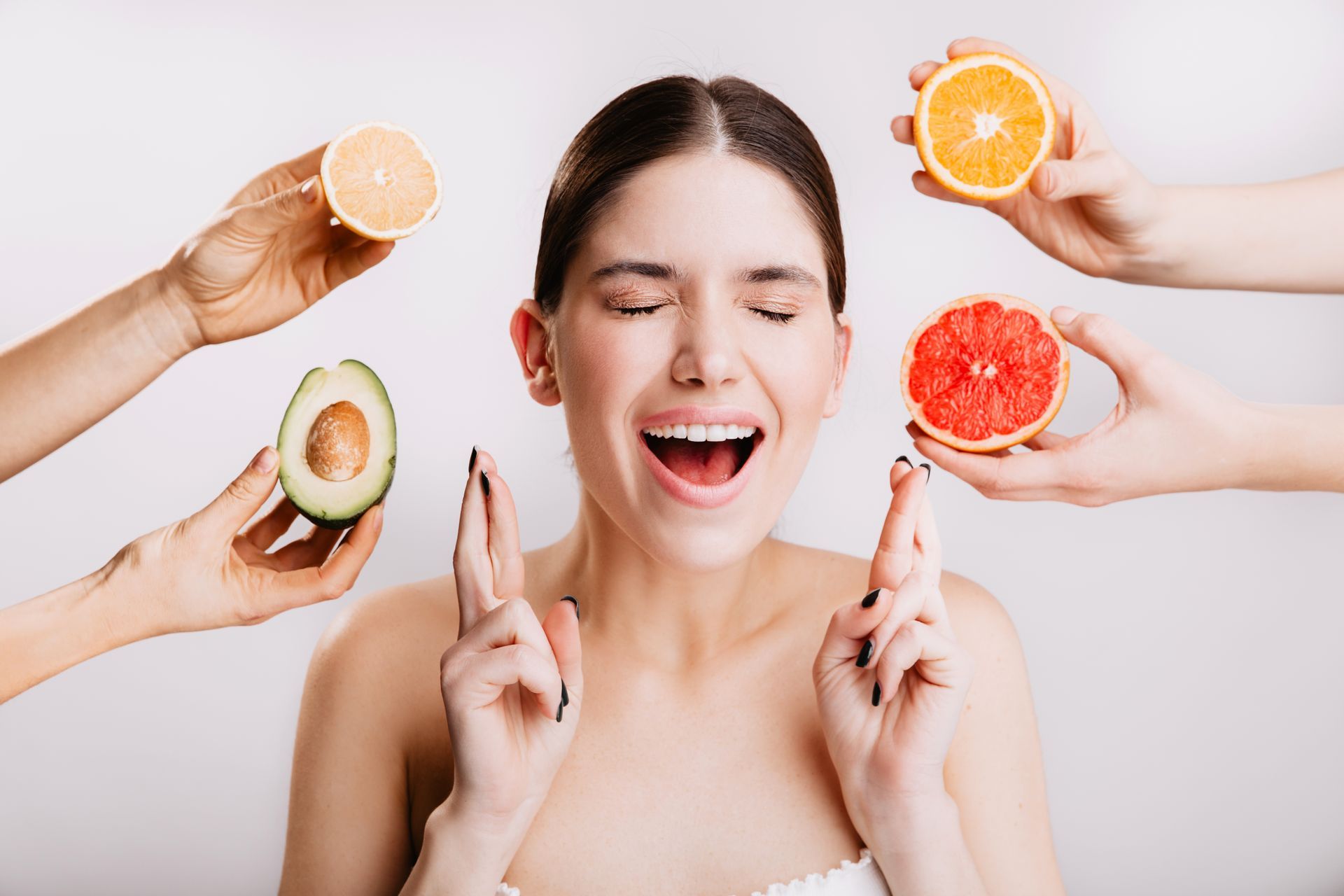How to Keep Your Skin Young and Healthy: A Comprehensive Guide
Do you want to have smooth, radiant, and youthful skin? Of course, you do! But how do you achieve that? Aging is inevitable, but there are some ways to slow down the process and prevent premature signs of aging. In this blog post, we will share with you some tips and tricks on how to protect your skin from aging and keep it looking fresh and beautiful.
What Causes Skin Aging?
Skin aging is caused by two main factors: intrinsic and extrinsic. Intrinsic aging is the natural process of aging that occurs as we get older. It affects the production of collagen and elastin, the proteins that give our skin its firmness and elasticity. Extrinsic aging is the external process of aging that is caused by environmental factors and lifestyle choices. Some of the most common extrinsic factors are sun exposure, smoking, pollution, stress, and diet.
How to Protect Your Skin from Sun Damage?
Sun damage is the number one cause of extrinsic aging and can cause irreversible damage to your skin. To protect your skin from sun damage, you should:
- Wear sunscreen every day with at least SPF 30
- Avoid peak sun hours between 10 a.m. and 4 p.m.
- Wear protective clothing, such as hats, sunglasses, long sleeves and pants
- Avoid tanning beds
How to Keep Your Skin Hydrated?
Hydration is essential for your skin health and appearance. Hydration refers to the amount of water in your skin cells, which affects the plumpness, smoothness, and glow of your skin. To keep your skin hydrated, you should:
- Drink plenty of water, at least eight glasses a day
- Use a moisturizer that suits your skin type and needs
- Use a humidifier in your bedroom or office
- Avoid hot showers and harsh soaps or cleansers
How to Boost Your Skin's Collagen and Elastin?
Collagen and elastin are the two main proteins that give your skin its structure, firmness, and elasticity. As we age, our body produces less collagen and elastin, which leads to loss of volume, sagging, and wrinkles. To boost your skin's collagen and elastin, you should:
- Eat protein-rich foods, such as eggs, fish, chicken, turkey, beans, lentils, nuts, seeds and dairy products
- Take supplements that support collagen and elastin production, such as vitamin C, vitamin E, zinc, copper, selenium, hyaluronic acid and collagen peptides
- Use topical products that stimulate collagen and elastin production, such as retinoids, peptides, growth factors, antioxidants and alpha hydroxy acids (AHAs)
- Get professional treatments that create controlled micro-injuries on your skin that trigger its natural healing response and stimulate collagen and elastin synthesis, such as lasers, micro-needling, radiofrequency, ultrasound, or chemical peels
How to Prevent Skin Inflammation?
Inflammation is the body's natural response to injury or infection. However, chronic or excessive inflammation can damage your skin cells and cause various skin problems such as acne, rosacea, eczema, psoriasis, and dermatitis. Inflammation can also accelerate the aging process by breaking down collagen and elastin and increasing oxidative stress. To prevent skin inflammation, you should:
- Avoid triggers that can cause or worsen inflammation in your skin, such as stress, pollution, allergens, irritants, infections, and certain foods
- Eat anti-inflammatory foods that can reduce inflammation in your body and skin, such as berries, cherries, grapes, tomatoes, broccoli, spinach, kale, olive oil, avocado, salmon, tuna, sardines, walnuts, almonds, flaxseeds, turmeric, ginger, garlic, and green tea
- Take anti-inflammatory supplements that can lower inflammation in your body and skin, such as omega-3 fatty acids, curcumin, resveratrol, quercetin, and probiotics
Book an Appointment with Dr. Kaveri Karhade
If you want to learn more about how to keep your skin young and healthy or if you have any specific skin concerns or issues that need professional attention, you can book an appointment with Dr. Kaveri Karhade, a Board-certified dermatologist who specializes in cosmetic dermatology. Dr. Karhade can provide you with personalized advice and treatment options that suit your needs and goals. She can also perform various procedures that can enhance your skin's appearance and health.
To book an appointment with Dr. Karhade,
click here.

